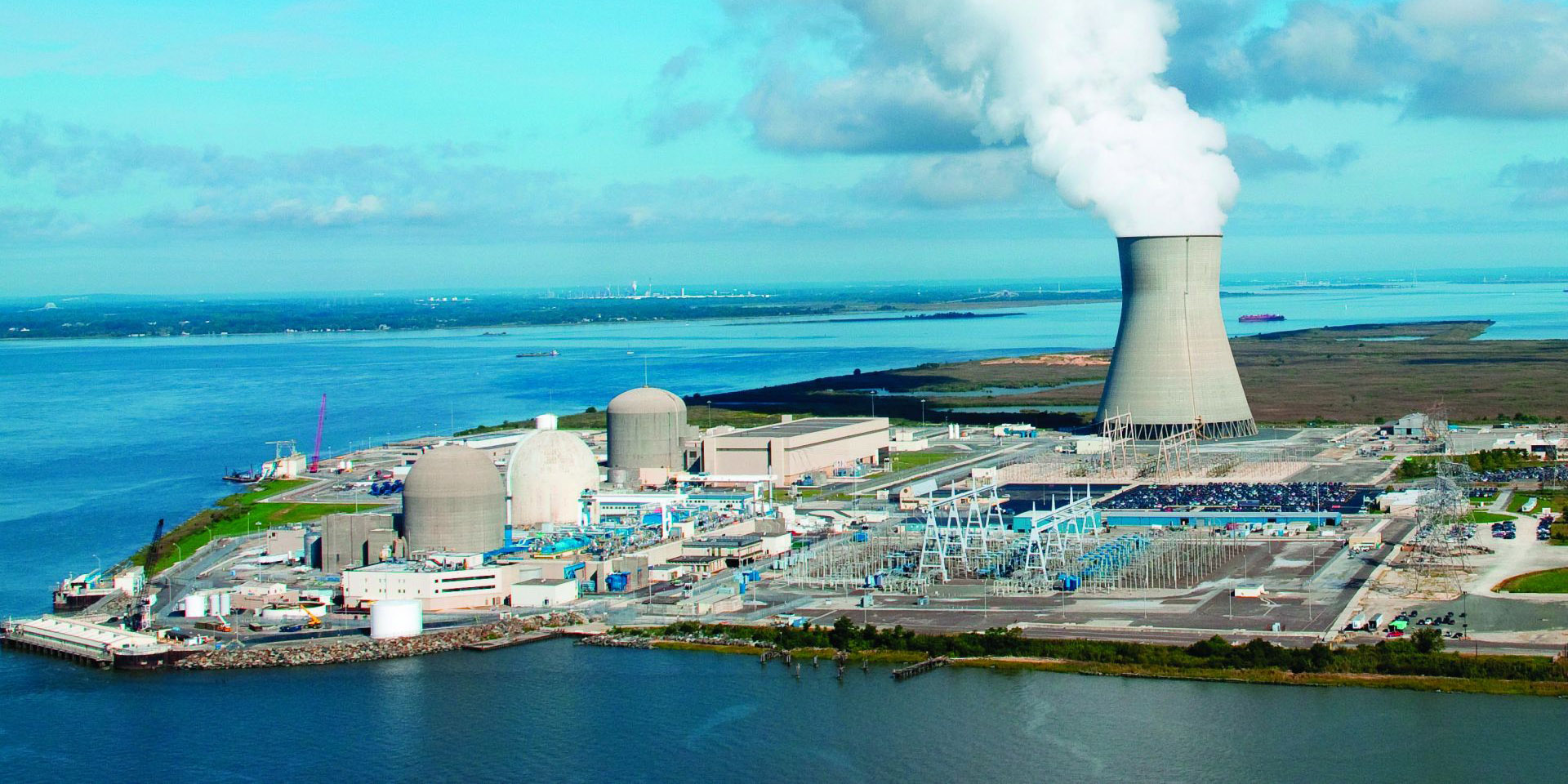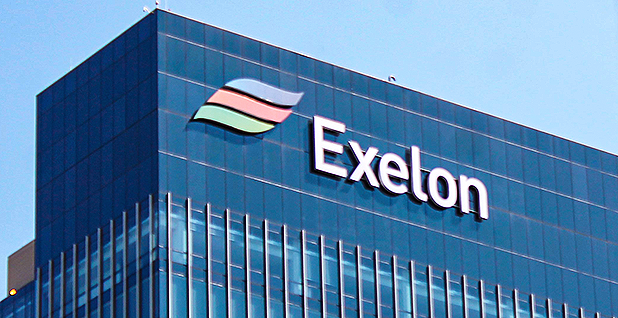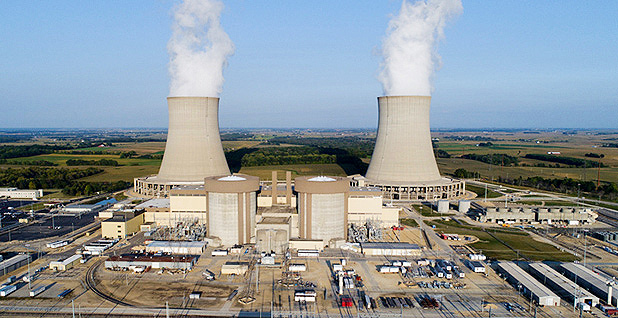The Hope Creek and Salem nuclear power plants. (Photo: PSE&G)
The Nuclear Regulatory Commission is conducting a special inspection at Hope Creek nuclear plant in New Jersey to investigate the cause of repeated inoperability of one of the plant’s emergency diesel generators, the agency announced in a February 25 news release.
Hope Creek nuclear power station.
In the latest step toward its recently stated goal of achieving net-zero carbon emissions by 2030, Newark, N.J.–based Public Service Enterprise Group, owner of the Hope Creek and Salem nuclear plants, has entered into an agreement to sell its 6,750-MW fossil generating portfolio to newly formed subsidiaries of ArcLight Energy Partners Fund VII—a fund controlled by ArcLight Capital Partners. (ArcLight Capital is a Boston-based private equity firm, founded in 2001 and focused on energy infrastructure investments.) The $1.92 billion deal, announced by PSEG on August 12, is expected to be completed late in the fourth quarter of 2021 or the first quarter of 2022.
The Salem nuclear power plant. (Photo: Peretzp)
In the latest legal action over the New Jersey Board of Public Utilities’ (BPU) April 2019 order providing subsidies to the Hope Creek and Salem nuclear plants, the state’s Supreme Court has declined to hear an appeal.
The Hope Creek nuclear power plant
New Jersey’s Public Service Enterprise Group has announced its intention to achieve net-zero emissions by 2030, shaving two decades off its previously announced target date of 2050. PSEG is owner of the Hope Creek nuclear plant and is co-owner, with Exelon, of the Salem plant.
The Byron nuclear power plant
Illinois governor J. B. Pritzker’s proposal to subsidize the state’s Byron and Dresden nuclear plants, introduced in legislative form last week, falls short, Exelon Corporation President and Chief Executive Officer Chris Crane said on May 5 during the company’s first-quarter earnings call.
“From what we’ve heard, it’s open to negotiation, but just going from the street analyst opinion and what we’ve seen, its starting point is not adequate to keep the plants’ continued operations going,” Crane stated.
The Hope Creek nuclear power plant. Photo: Peretzp
New Jersey’s Board of Public Utilities (BPU) yesterday voted unanimously to extend, for an additional three years, the zero emission certificate (ZEC) program benefitting the state’s two operating nuclear power plants, Hope Creek and Salem. The two facilities produce more than 90 percent of New Jersey’s carbon-free electricity and about 40 percent of its overall power.







